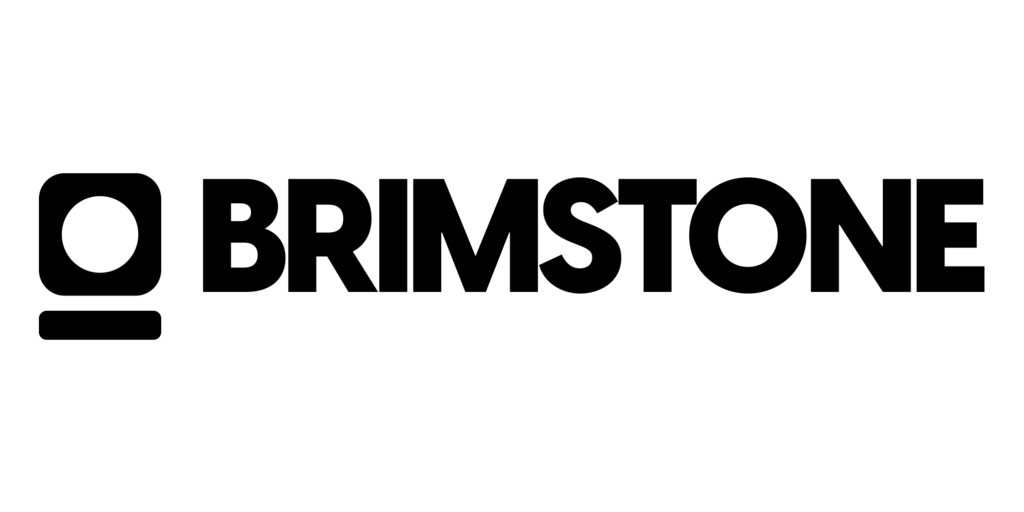
Brimstone’s Decarbonized Portland Cement First to Meet Essential Building Industry Standard, Unlocking the Potential of Net-Zero Construction
Brimstone achieves ASTM C150 certification for its portland cement—used in virtually all concrete construction globally
Solution could eliminate cement’s climate footprint, currently responsible for 7.5% of global CO2 emissions
OAKLAND, Calif.–(BUSINESS WIRE)–Brimstone, a leader in industrial decarbonization, has received third-party certification that its cement meets or exceeds ASTM C150 standards for ordinary portland cement, becoming the first ultra-low carbon, carbon-neutral or carbon-negative cement to meet this critical and universally accepted industry requirement. This achievement validates that the cement Brimstone produces is ordinary portland cement, the type of cement used in virtually all construction today.
Cement production is a substantial driver of climate change, accounting for 7.5% of global CO2 emissions and 5.5% of total greenhouse gas (GHG) emissions. The Brimstone process is carbon-negative across a range of energy scenarios, providing a pathway to eliminate this footprint.
“At Brimstone, we believe decarbonizing cement relies on three essential principles: producing the exact same trusted material, at much lower carbon, and at equal or lower cost to other options,” said Cody Finke, co-founder and CEO of Brimstone. “Not only will our process slash carbon emissions and compete on price, we’ve now proven that it delivers the exact same material relied on by engineers and builders worldwide—and without forcing millions of construction workers to get retrained to use a new material.”
The achievement validates that Brimstone’s carbon-negative process produces cement that is identical in all respects—performance, safety, and composition—to ordinary portland cement (OPC) produced through the conventional, carbon-intensive process.
As OPC comprises 95% of all cement produced in the US, this breakthrough is essential to the construction industry, which depends on the predictable performance of concrete made with OPC—its strength, workability, durability, and compatibility with steel and other materials—to build structures safely and efficiently.
Although new materials, alternative cements and performance-based cements have long existed in the market, these alternatives have not gained market traction or broad acceptance due to regulatory hurdles, insurance liabilities, and workforce training constraints.
By becoming the first and only company to develop a carbon-negative process for making industry-standard OPC, Brimstone has eliminated the regulatory hurdles to industry adoption while solving cement’s climate problem.
“By delivering the exact same cement, we clear away the main obstacles to adoption, offering an opportunity to dramatically speed up the path to net-zero construction,” added Hugo Leandri, co-founder and CTO of Brimstone. “The same buildings, bridges, and roads being built today can be built tomorrow without carbon.”
Conventional cement production involves heating limestone, which releases significant quantities of CO2 embedded in the rock. Brimstone’s technology utilizes carbon-free calcium silicate rock, eliminating CO2 from the source rock. The process also generates magnesium compounds that permanently absorb CO2 from the air, making the process carbon-negative.
In addition to producing the same industry-standard OPC used for 150 years, Brimstone’s process also produces supplementary cementitious materials (SCM)—another core component of concrete—streamlining the supply chain while further reducing emissions.
At industrial scale, Brimstone expects to sell its OPC and SCM at the same price as conventionally made or sourced materials. The company’s solution has significant implications for the real estate and construction industry, which accounts for 40% of global carbon emissions.
Marty Ozinga IV, CEO of Ozinga, a leading independent concrete supplier, stated, “Brimstone’s ASTM-certified portland cement will allow the construction industry to source more sustainable concrete without compromising performance, cost, or regulatory compliance. It’s a true win-win situation, enabling modern construction to prioritize both technical performance and the climate.”
Stacy Smedley, the Executive Director of Building Transparency, an organization focused on reducing the embodied carbon in construction through the provision of monitoring tools, underscored the broad implications of Brimstone’s solution, stating, “We need to decarbonize the construction sector urgently. By producing the same cement that builders already use via a carbon-negative process, Brimstone removes the biggest obstacle to adoption: the difficulty of getting a new low-carbon material accepted by the market.”
Greg Smithies, Partner & Co-Head of The Climate Technology Investment Team at Fifth Wall, the largest asset manager focused on improving, future-proofing, and decarbonizing the built world, commented, “Brimstone represents the future of sustainable real estate, delivering cement now shown to meet the single most important building standard for the industry. Brimstone’s cement is game-changing, allowing developers to continue to build while tackling the climate crisis head-on.”
Brimstone is advancing plans to deploy its technology at scale. The company will construct its pilot plant on land it acquired near Reno, Nevada, and is engaging in site selection for its first commercial-scale plant. It has already initiated negotiations for offtake agreements for its commercial plant with construction companies, as well as real estate and corporate partners.
About Brimstone
Brimstone developed the first carbon-negative process to produce ordinary portland cement and supplementary cementitious materials. The company was founded in 2019 at Caltech by Cody Finke and Hugo Leandri with the mission to decarbonize cement production this century, which is responsible for 7.5% of global CO2 emissions today. The company is backed by leading climate investors, including Breakthrough Energy Ventures, DCVC, Collaborative Fund, Fifth Wall, S2G Ventures, Amazon Climate Pledge, Acceler8, Gatemore, Impact Science Ventures, Osage University Partners, and SystemIQ. To learn more or get in touch, please visit Brimstone.com.
Contacts
Liza Darwin
Head of Communications


